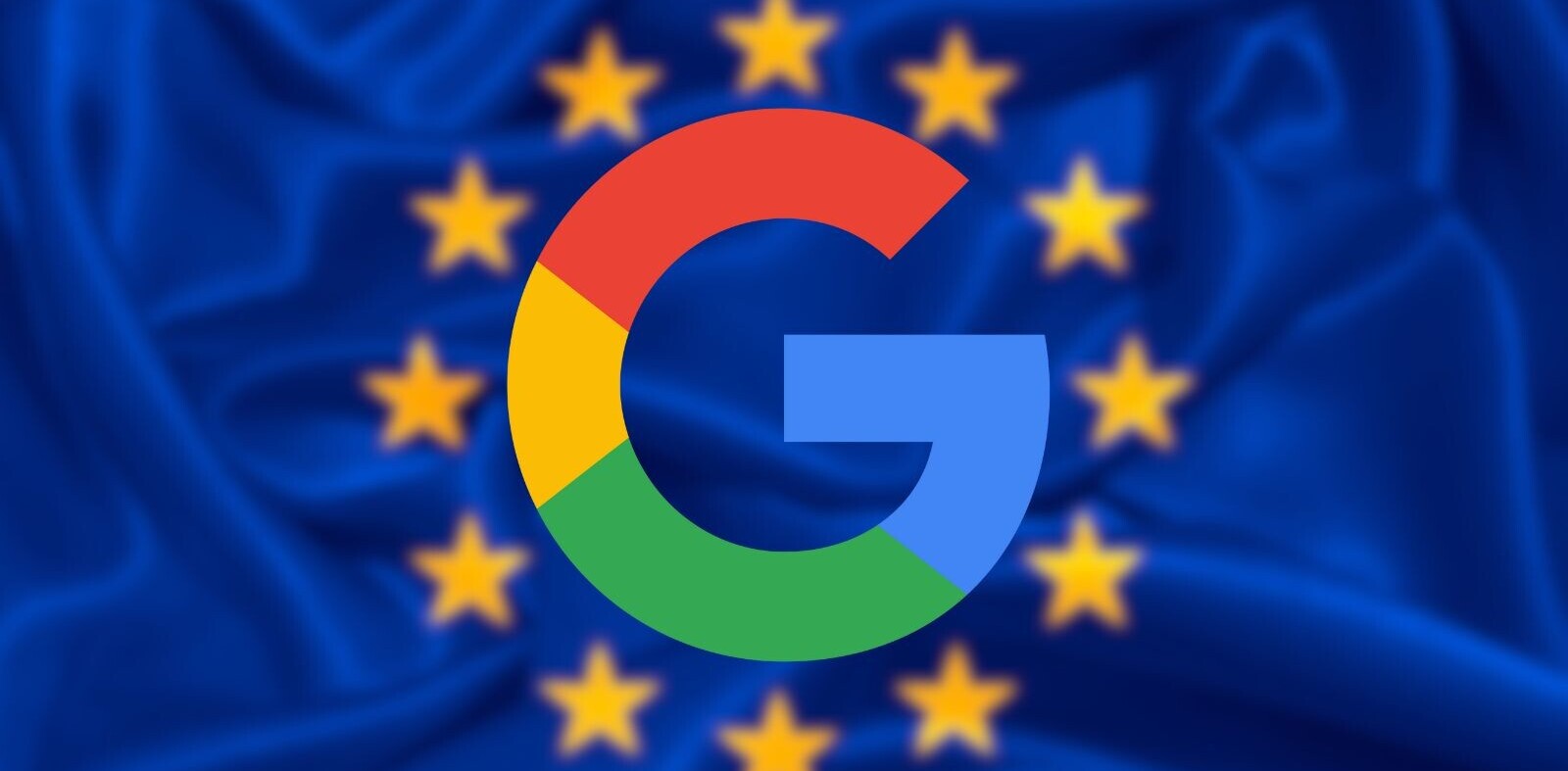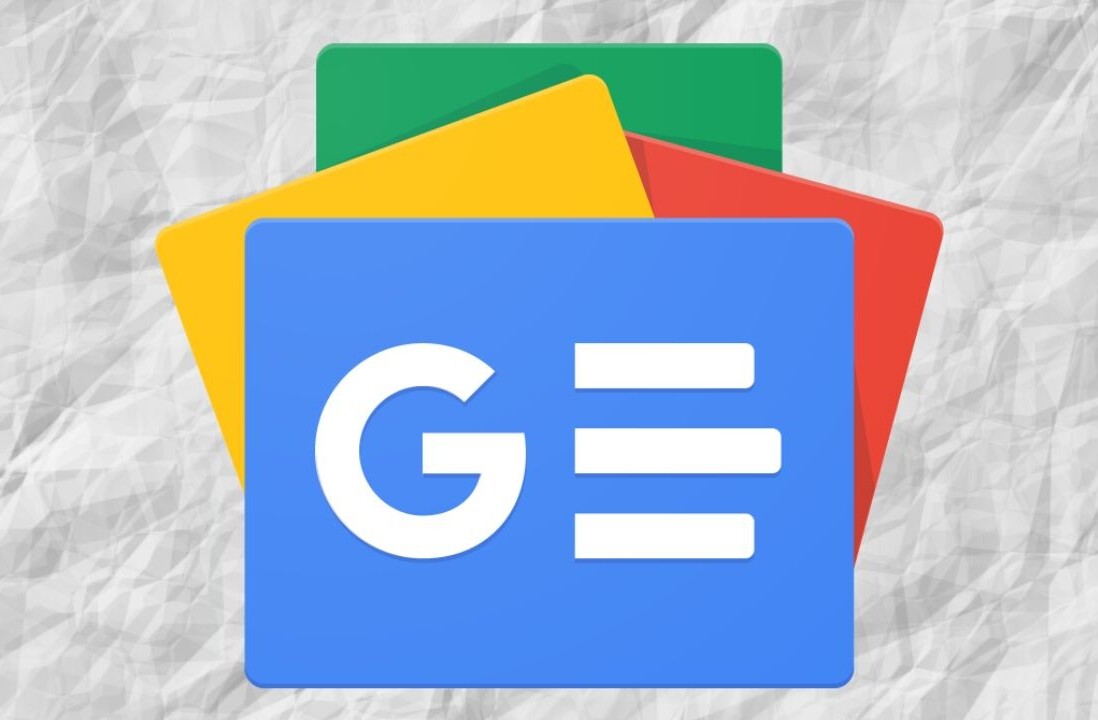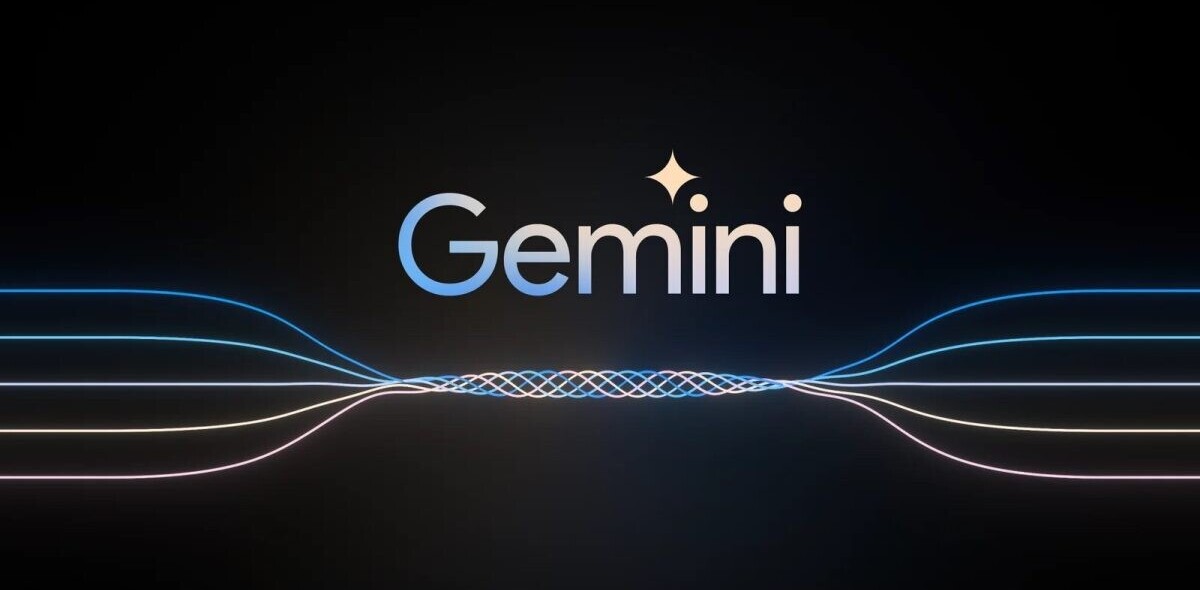
Google on Thursday announced the latest figures for its Transparency Report, showing the steady increase in government requests continued through 2012. This is the seventh time the company is releasing new numbers to show the public how often governments requests it to remove content from its services.
During the first half of 2012, Google received 1,811 government requests to remove 18,070 pieces of content. Between July and December 2012, it received 2,285 government requests to remove 24,179 pieces of content.
Let’s do some basic math. An increase from 1,811 to 2,285 equates to a 26.17 percent change while a jump from 18,070 to 24,179 means a 33.81 percent change. In other words, both figures are up substantially just during 2012.
Here are the last three years in graph form:
Google has also noted the following three “occurrences” that happened in the second half of 2012:
- The company saw “a sharp increase in requests” from Brazil, where it received 697 requests to remove content from its platforms (of which 640 were court orders—meaning an average of 3.5 court orders per day during the time period), up from 191 during the first half of the year. The big reason for the spike was the municipal elections, which took place last fall. Nearly half of the total requests—316 to be exact—called for the removal of 756 pieces of content related to alleged violations of the Brazilian Electoral Code, which forbids defamation and commentary that offends candidates. Google says it is appealing many of these cases, on the basis that the content is protected by freedom of expression under the Brazilian Constitution.
- Another place where Google saw an increase was from Russia, where a new law took effect last fall. In the first half of 2012, the company received six requests, the most it had ever received in any given six-month period from Russia. But in the second half of the year, Google received 114 requests to remove content—107 of them citing this new law.
- During this period, Google also received inquiries from 20 countries regarding YouTube videos containing clips of the movie “Innocence of Muslims.” While the videos were within its Community Guidelines, YouTube restricted videos from view in several countries in accordance with local law after receiving formal legal complaints. Google also temporarily restricted videos from view in Egypt and Libya due to “the particularly difficult circumstances” there.
The question is: will this apparent constant rise ever plateau?
Top Image Credit: Robert Linder
Get the TNW newsletter
Get the most important tech news in your inbox each week.






